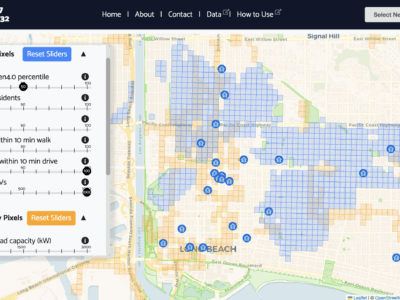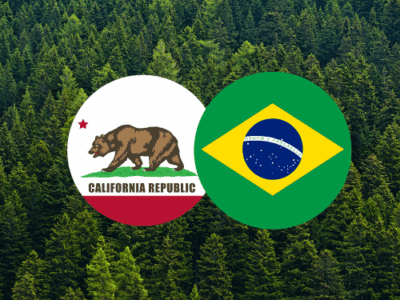Churchill’s Wisdom and Climate Change
According to Yale poll results from last month, 63% of Americans now believe climate change is real, 17% think it isn’t, and 20% say they don’t know.
Where does Churchill come into this? To see that, you have to turn back the clock seventy years to December 1941. On the eve of Pearl Harbor, only 52% of Americans thought war with Japan was likely, 27% did not expect war, and 21% said they didn’t know. In other words, the public has a better grasp of the reality of the climate threat today than it did of the prospects for war seventy years ago. Indeed, Americans didn’t seem to grasp the threat that Hitler posed to the world until it was almost too late. As Gallup summarizes the pre-War attitudes in the United States:
[I]t may come as a surprise to learn that in the years leading up to the Japanese attack on Pearl Harbor, Americans were not inclined to become involved in fighting against either the Germans or the Japanese. In fact, so strong was American opposition to U.S. involvement in fighting that in October 1939, more than a month after the Germans had started World War II by attacking Poland . . . only 16% said the United States should send our army and navy abroad to fight Germany in the war that was under way. This opposition to U.S. involvement persisted throughout the next two years. The last time before Pearl Harbor that Gallup asked a question about U.S. involvement in the war was in June 1941, when only 21% said the U.S. should go to war.
It was attitude that led to Churchill’s famous comment that you could always count on the Americans to do the right thing after they had tried everything else first. That’s a considerable overstatement, and says less about Americans than about democracies in general. Britain didn’t exactly figure out what to do about Hitler from the outset; hence the Munich agreement. But Churchill was certainly right that there is often a tortuous path to the right decision, even in the face of overwhelming evidence.
The point I’m trying to make is simply that we shouldn’t let public opinion polls discourage us from advocating the right thing, explaining the scientific facts, or being hopeful about the eventual outcome. Democracy can be frustrating but it does seem to work in the long run. To recall Churchill again, democracy may be the worst form of government except for all the others.
Most of the public is in fact getting the message about climate change, but this is often obscured by the vocal and well-funded minority. We will pay a price for the delay in getting to the right decision, just as we did seventy years ago, but I think we will eventually get there.







Reader Comments